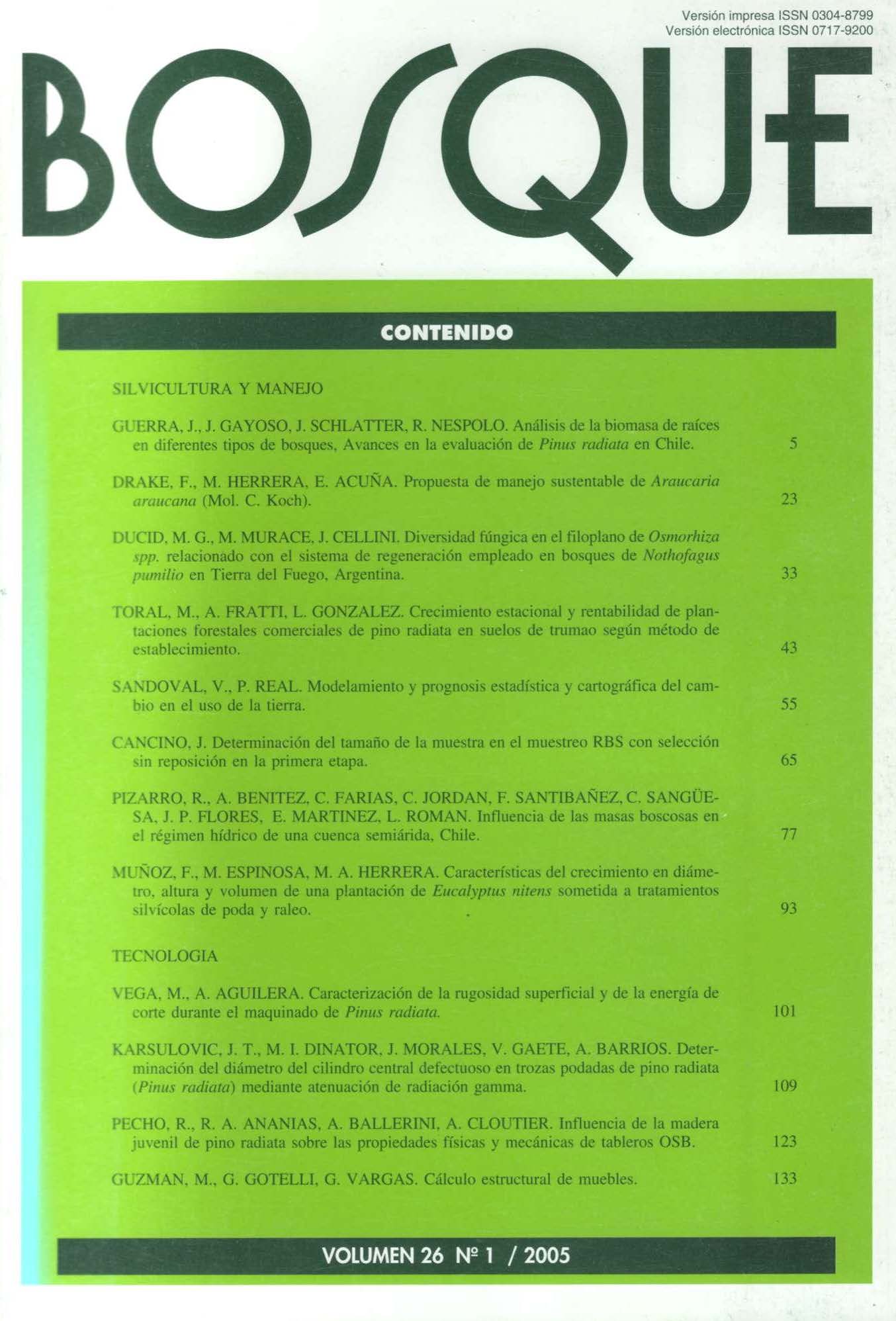Furniture structural performance
Main Article Content
Abstract
The objective of this investigation was to validate the use of numerical tools, widely used in the structural product analysis of articles made with isotropic materials, in the calculation of the strength of furniture made with orthotropic materials such as wood. A standardized test conforming to German standards was used to evaluate the quality of chairs, and this test served as a basis for comparing the results obtained by this analysis with those given by finite element analysis (FEA) developed under the same load conditions. The principal results indicate that it is possible to use this type of numerical tool to evaluate the structural behavior of furniture. It was found that deformation values were near those obtained under real conditions, although there were statistical differences between the two methods. Additionally, the finite element analysis (FEA) allowed the detection of critical strength zones in the furniture structure. Although stresses that exceed the proportional limit for radiata pine did not exist in this case, the results give indications for pre-manufacture redesign and structural optimization to prevent faults.

